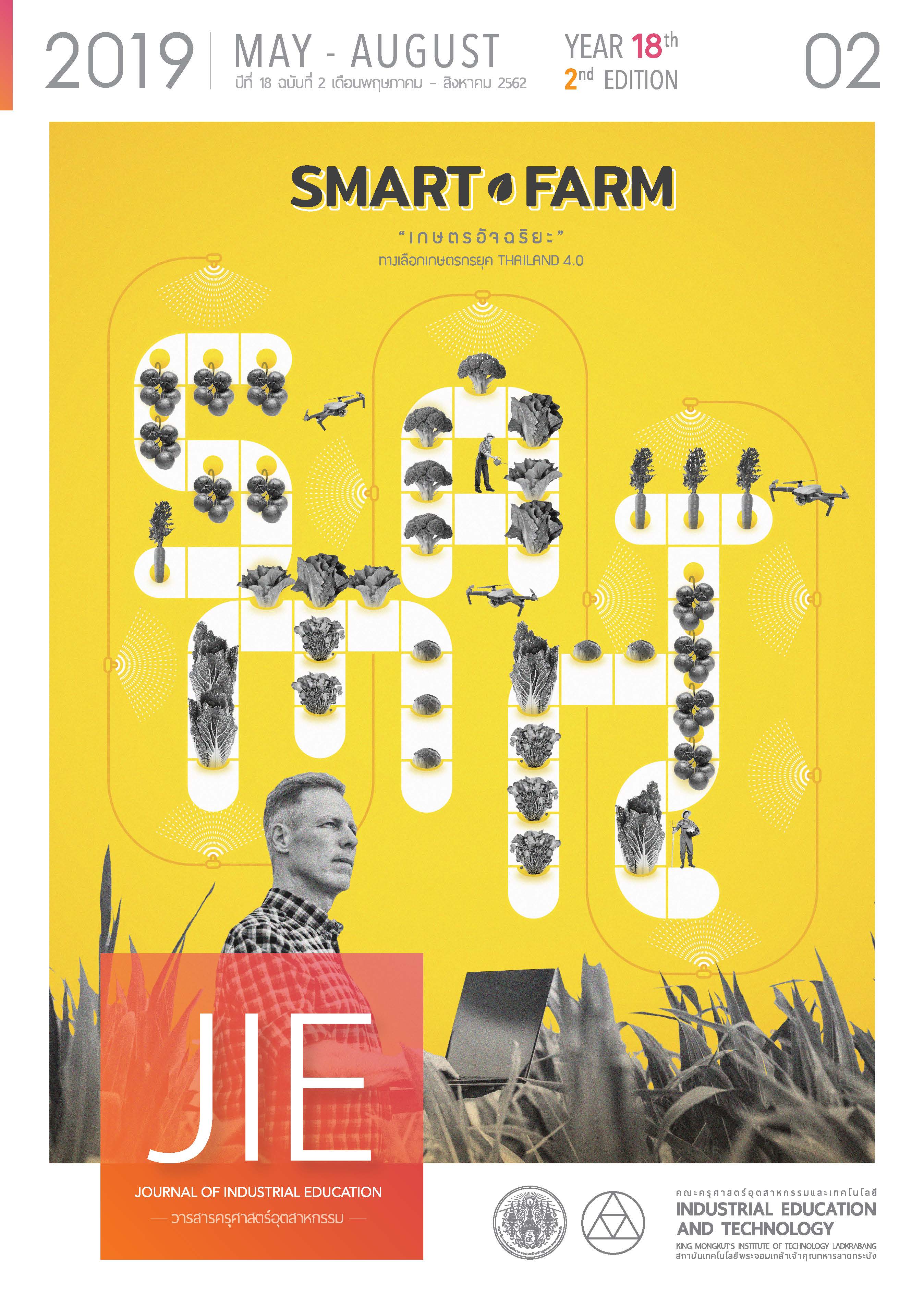THE RELATIONSHIP AMONG POSITIVE PSYCHOLOGICAL CAPITAL, LIFE CONGRUENCE AND EMPOWERMENT FOR CAREGIVERS OF DEPRESSED PATIENTS
Keywords:
Positive Psychological Capital, Life Congruence, Empowerment, Caregivers of depressed patientsAbstract
The survey study aimed to investigate the level and relationship among Positive Psychological Capital, Life Congruence and Empowerment in caregivers of depressed patients in order to gain basic knowledge and transfer those benefits to professionals. Participants included 192 caregivers at HRH Princess Maha Chakri Sirindhorn Medical Center, recruiting with method of simple random sampling. Data was collected through questionnaires form, including demographic questionnaire, Positive Psychological Capital questionnaire, Life Congruence questionnaire and Empowerment questionnaire. The statistical method employed to analyze the data including mean, standard deviation, frequency, percentile and Pearson’s correlation.
The results revealed that patients showed high level of Positive Psychological Capital, Life Congruence and Empowerment. The correlation analysis found (1) Positive Psychological Capital showed significantly positive correlation with Empowerment at the statistical level of .01 (r=0.56 ; p-value <.01) and (2) Life Congruence showed significantly positive correlation with Empowerment at the statistical level of .01 (r=0.33 ; p-value <.01)
References
Department of Mental Health : Ministry of Public Health. 2016. Department of Mental Annual Report 2016: p. 91 [online] Retrieved Retrieved from https://www.dmh.go.th/ebook/dl.asp?id=387 (December 3, 2018).
Gibson, C. H. 1991. A concept analysis of empowerment. Journal of Advanced Nursing, (16); p. 354-361.
Luthans et al. 2007. Positive Psychological Capital: Measurement and Relationship with Performance and Satisfaction. Personnel Psychology, (60); p. 541-572.
Satir V. 1991. The Satir Model. California: Science and Behavior Books.
Yamane, Taro. 1967. Statistics, An Introductory Analysis, 2nd Ed., New York: Harper and Row.
Soontaree Srikosai and Siriwan Taweewattanaprecha. 2012. Psychometric properties of the life congruence scale based on The Satir Model: thai version. J Psychiatr Assoc Thailand, 57(1); p. 75-88.
Saisamorn Chaleoykitti. 2011. The Development of Positive Psychological Capital of Professional Nurses Through Integrative Group Counseling. Srinakharinwirot University.
Warakorn Supwirapakorn and Patcharee Thoongkae. 2016. Happiness of staff personal: a case study in faculty of education at Burapha University. Journal of Education, 27(1); p.113-129.
Nongpanga Limsuwan and Nida Limsuwan. 2012. Psychotherapy based on Satir Model. J Psychiatr Assoc Thailand, 57(3); p. 251-258.
Nednipa Chantrakoolchai. 2014. The Outcomes of Empowerment Program in Uncontrolled Hypertension Patients. Master of Nursing Science Program in Adult Nursing. Christian University of Thailand.
Tao Sun et al. 2011. The impact of psychological capital on job embeddedness and job performance among nurses: a structural equation approach. Journal of Advanced Nursing, 68(1); p. 69–79.
Esther Mok et al. 2013. Perception of empowerment by family caregivers of patients with a terminal illness in Hong Kong. International Journal of Palliative Nursing, 8(3); p. 137-145.
Retrum et al. 2013. Patient and caregiver congruence: the Importance of dyads in heart failure care. Journal of Cardiovascular Nursing, 28(2); p. 129–136.
Rattana Saipanit. 2014. The Satir Model Family Therapy and Beyond. Fram-up design: Satir Association for Human Development and Psychotherapy.
Warin Pathomwichaiwat. 2013. Psychological Experience of Counseling Psychologists Working with High Risk Suicidal Clients. Chulalongkorn University.
Tillaya Indorn. 2010. The Study of Personal Factors, Self-Efficacy and Need for Self Development for Nurses of The Governmental Hospital. Thammasat University.
Downloads
Published
How to Cite
Issue
Section
License
"The opinions and contents including the words in papers are responsibility by the authors."
"ข้อคิดเห็น เนื้อหา รวมทั้งการใช้ภาษาในบทความถือเป็นความรับผิดชอบของผู้เขียน"



